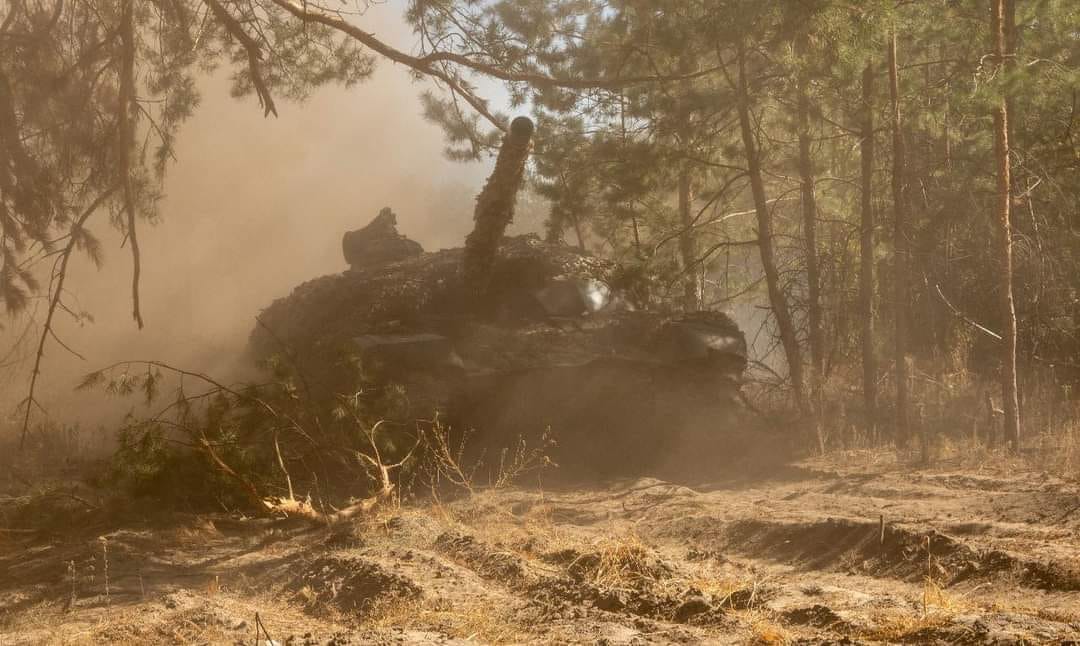Key Takeaways from the ISW:
- The Kremlin's recent economic policies indicate that the Russian economy will likely face significant challenges in 2025 and that Russian President Vladimir Putin is worried about Russia's economic stability in the long term.
- Putin modified compensation promised for Russian servicemen wounded while fighting in Ukraine — a clear indicator that the Kremlin is trying to cut the mounting short- and long-term costs of the war and restore balance to the Russian economy.
- The Kremlin's efforts to combat inflation and high interest rates are also reportedly impacting the expansion of the Russian defense industrial base (DIB) and prospects for mobilizing the economy.
- The Russian DIB is unlikely to match the production rate necessary to replace Russian weapons losses under these monetary policies.
- The Kremlin is also adopting policies aimed at bolstering the domestic population in the long term, signaling mounting concerns over declining demographics and labor shortages that could threaten the sustainable operations of the Russian DIB.
- Russian forces recently advanced into Kupyansk during a likely roughly company-sized mechanized assault, although ISW does not assess that Russian forces control the area.
- A recent Russian state-affiliated poll suggests that most Russian residents feel largely unaffected by the war in Ukraine, supporting reports of growing concerns among Russian officials and elites that many citizens remain indifferent towards the war.
- Kremlin Spokesperson Dmitry Peskov claimed on November 14 that Russian President Vladimir Putin is personally dealing with issues concerning Ukraine and that he requires no special envoys, likely in response to reports that US President-elect Donald Trump will "soon" appoint a "Ukrainian peace envoy to lead negotiations on ending the war."
- Russian forces advanced in the Ukrainian main salient in Kursk Oblast, west of Ukraine's main salient in Kursk Oblast in Glushkovsky Raion, in the Chasiv Yar direction, and in the Donetsk-Zaporizhia Oblast border area.
- Russian sources are speculating that North Korea may have provided North Korean-produced 170mm M1989 "Koksan" self-propelled artillery systems to Russia. Russian milbloggers published images showing a train transporting alleged North Korean 170mm M1989 “Koksan” self-propelled artillery systems in Krasnoyarsk, Krasnoyarsk Krai.
JOIN US ON TELEGRAM
Follow our coverage of the war on the @Kyivpost_official.
Authors: Angelica Evans, Grace Mappes, Nicole Wolkov, Christina Harward, Christopher Paludi, and Frederick W. Kagan.
See the original here.
To suggest a correction or clarification, write to us here
You can also highlight the text and press Ctrl + Enter
You can also highlight the text and press Ctrl + Enter








